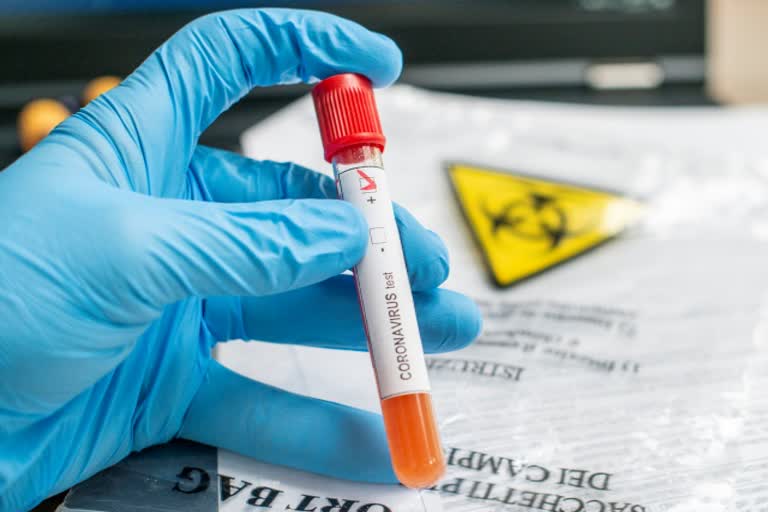The use of antibiotics in people with COVID-19 could result in increased resistance to the drugs' benefits among the wider population, a new study suggests.
Patients hospitalized as a result of the virus are being given a combination of medications to prevent possible secondary bacterial infections.
However, research by the University of Plymouth and Royal Cornwall Hospital Trust suggests their increased use during the pandemic could be placing an additional burden on wastewater treatment works.
Writing in the Journal of Antimicrobial Chemotherapy, scientists say this could lead to raised levels of antibiotics within the UK's rivers or coastal waters which may in turn result in an increase in antimicrobial resistance (AMR), where bacteria become resistant to the action of antibiotics.
This would be particularly acute in receiving waters from wastewater treatment works serving large hospitals, or emergency 'Nightingale' hospitals, where there is a concentration of COVID-19 patients.
The findings are based on reports that up to 95% of COVID-19 inpatients are being prescribed antibiotics as part of their treatment, and concerns that such a large-scale drug administration could have wider environmental implications.
Sean Comber, Professor of Environmental Chemistry in Plymouth and the article's lead author, said: "COVID-19 has had an impact on almost every aspect of our lives. But this study shows its legacy could be felt long after the current pandemic has been brought under control.
The COVID-19 guidance issued by the National Institute for Health and Care Excellence (NICE) suggests patients with COVID-19 should be treated with doxycycline and either amoxicillin or a combination of other medications if a bacterial infection is suspected, but to withhold or stop antibiotics if a bacterial infection is unlikely.
This research combined patient numbers for UK emergency hospitals set up temporarily around the country with wastewater treatment work capacity and available river water dilution serving the emergency hospital and associated town.
Using available environmental impact data and modelling tools developed by the UK water industry, it focussed on one UK emergency hospital - Harrogate, geared up to treat around 500 people - and showed the risks posed by doxycycline were low, assuming the hospital was at full capacity.
Tom Hutchinson, Professor of Environment and Health at the university and a co-author of the research, added: "This is a comprehensive environmental safety assessment which addresses potential risks to fish populations and the food webs they depend on. The data for amoxicillin indicated that while there was little threat of direct impacts on fish populations and other wildlife, there is a potential environmental concern for the selection of AMR if at 100% capacity."



